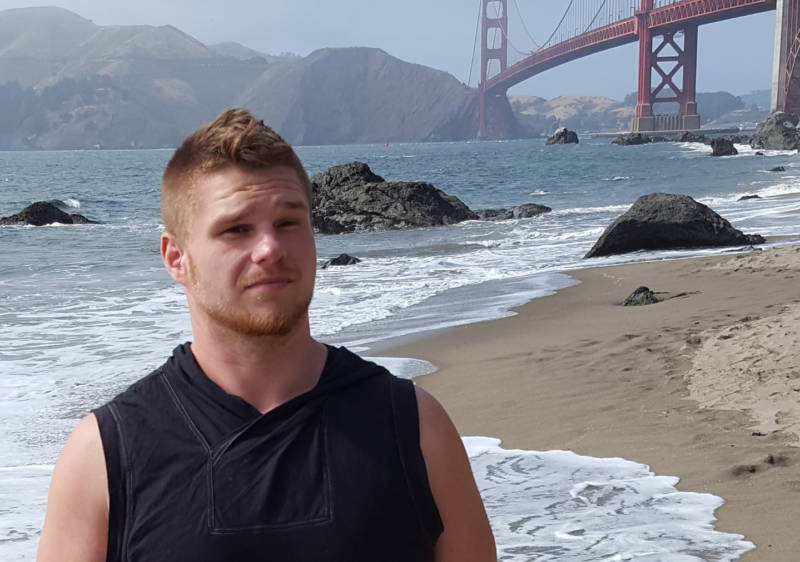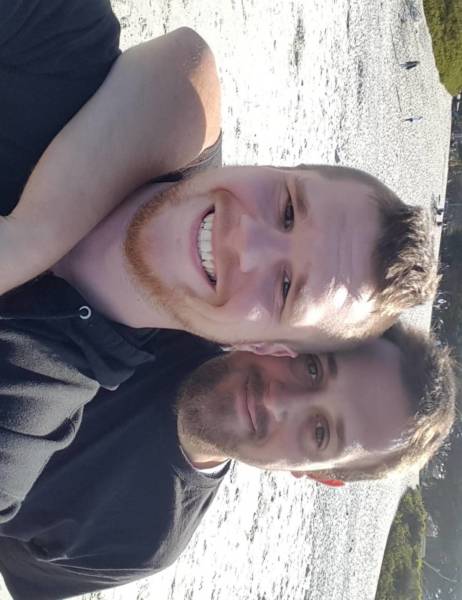‘Backstage Heroes’ is a series spotlighting the many movers and shakers working behind the arts scenes to make magic happen in the Bay Area. Guiding us is Hiya Swanhuyser, a veteran fan and all-around culture vulture who for nearly a decade helmed calendar duties for the SF Weekly — where her ‘Music Heroes’ series inspired this broader look at the arts — giving her rare personal insight into those toiling in the wings, but rarely in the spotlight.
Plenty has been written about the significance of gay bar space in the wake of the unthinkable attack on Pulse Orlando Night Club and Ultra Lounge, and I hope to see a lot more. This Facebook post from San Francisco drag legend Monique Jenkinson, aka Fauxnique, is a start: “Feeling particular love for friends & family who have lived lives, made art, danced our asses off, talked over the music on the dance floor, watched shows, cried, eaten birthday cake & made everyone feel welcome to come together in difference in GAY BARS.”
As I tried to process the facts last week, I wondered about the unsung characters who were at work while it happened. What about the feet on the ground, the employees at Pulse, like those at every other cavernous, anarchic gay club? A recent article surfaced: Imran Yousuf, a Pulse bouncer, saved 60 or 70 lives that night.
I decided to talk to Eric Mueller, a local gay bar employee. A former college football player, he moved across the country to join USF’s MFA in writing program in 2014, when he “won the apartment lottery,” and moved into a place at 18th and Castro streets. A week and a half later, he saw a sign in a window, and was quickly hired by a pair of large, popular gay bars to do barback and security work. To my mind, although these places are located in San Francisco’s iconic, center-of-the-gay-universe district, in many ways, they could be, and are, everywhere. Suffice it to say they’re big, industrial-grade dancehalls, the kind you find all over the world.
Although he’s a writer by calling, Mueller’s six-foot-tall, offensive-lineman physique gives him solid qualifications for intense bar duty; the Allegheny Gators’ loss of a strongman was 18th Street hitting the bouncer jackpot. Tall, broad, blond, and muscular he may be, but Mueller is surprisingly soft-spoken and waits a full, unhurried beat after questions; it’s unnerving at first, but I soon realize the calm pace of conversation springs from the unusual care he takes with language and ideas. He also worked at the University of San Francisco’s Gleeson library.



